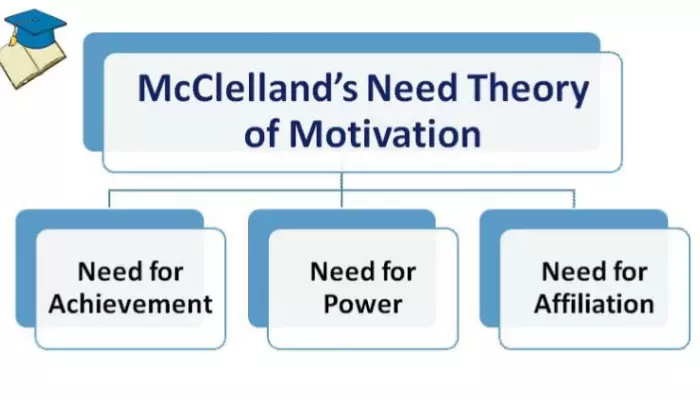Understanding Your Needs and Wants for Peak Performance

Wishing all the readers happy Tamil New Year / Vishu.
"O son of Pṛthā (Kunti), there is no work prescribed for Me within all the three planetary systems. Nor am I in want of anything, nor have I a need to obtain anything – and yet I am engaged in prescribed duties." Bhagavad Gita 3.22
Lord Krishna nicely explains four different motivation possibilities to encourage someone to deliver their prescribed duties in the above sloka. They are:
Jump To Section

Earn As You Learn
Earn 25% commission when your network purchase Uplyrn courses or subscribe to our annual membership. It’s the best thing ever. Next to learning,
of course.
Sense of Responsibility
'Sense of responsibility' is awareness of one’s obligations. We reiterate this for our employees through their Job Description, Defining targets, Reviews, Appraisals, etc. These become the primary responsibilities of the Human Resources Development department in any company. Sense of responsibility is very important but cannot be overemphasised. Overemphasising the 'sense of responsibility' can create negative results. This is only the first step but not necessarily a very effective step in making an individual commit to their prescribed duties. Leaders must think beyond reiterating the 'sense of responsibility'. What are the other three which gives higher chances to make someone to do their duties?
Krishna says that he has no Job Description, No KRA. He neither has any fear of consequence of not performing prescribed duties. What motivates him to perform his duties?
Wants and Needs
Next in the order in terms of effectiveness are satisfying wants and then needs in that order. What is the difference between NEEDS & WANTS. Don’t they both sound the same?
A need is an essential requirement or a necessity whereas a want is a desire. WANTS are typically defined as desires for things that go beyond the necessities. That is why Want is put before Needs in the pecking order.
Leaders should understand the WANTS as well apart from the NEEDS. Different people have different WANTS and WANTS should not be discredited. A WANT can become a NEED.
Learned Needs Theory
Satisfying individual’s Needs motivates people. Need theory is an ideological model that seeks to explain human motivation based on an individual's specific needs. Leaders often apply the need theory model in the workplace to understand what motivates their employees and help them become more productive and efficient at their job.
McClelland Theory of Need is also known as Three Needs Theory or the Learned Needs Theory. The theory proposed that an individual’s specific needs are acquired over time and are shaped by one’s life experiences.
Individual’s Needs could be Achievement, Affiliation & Power
People with a high need for achievement seek to excel and thus tend to avoid both low-risk and high-risk situations. They seek personal responsibility for finding solutions to problems. They need rapid feedback on their performance.
Those with a high need for affiliation need harmonious relationships with other people and need to feel accepted by other people. They tend to conform to the norms of their work group. These individuals prefer work that provides significant personal interaction. They perform well in customer service and client interaction situations. They prefer cooperation over competition. They strive to make and keep relationships with a high amount of trust and mutual understanding.
A person’s need for power want to direct others or want to organise the efforts of others to further the goals of the organisation.
McClelland called them NEEDS rather than WANTS because a strong urge for a psychological want can make it a NEED. Each individual could have one or more of these needs in varying proportion and the proportion could change based on their experiences. McClelland did not cover the basic necessities.
Maslow’s Hierarchy of Needs categorizes the NEEDs from basic to advanced needs. We will have time to go through the hierarchy of NEEDS in the next blog. List your NEEDS and WANTS, until then.
If you want to request a Mentoring session, please click here.


Leave your thoughts here...
All Comments
Reply